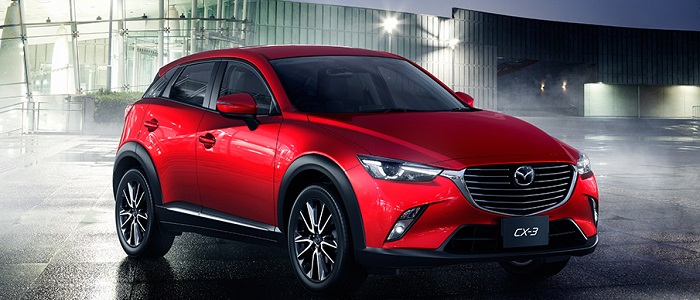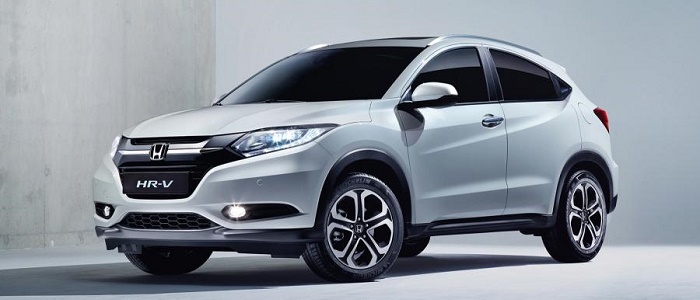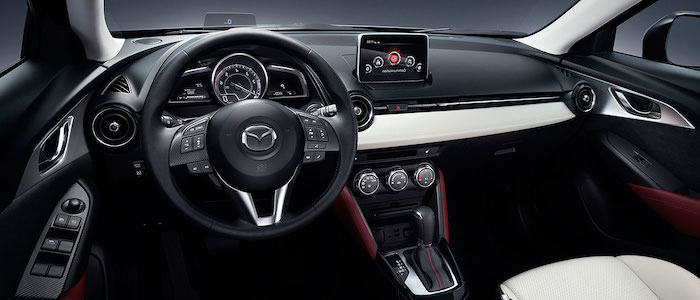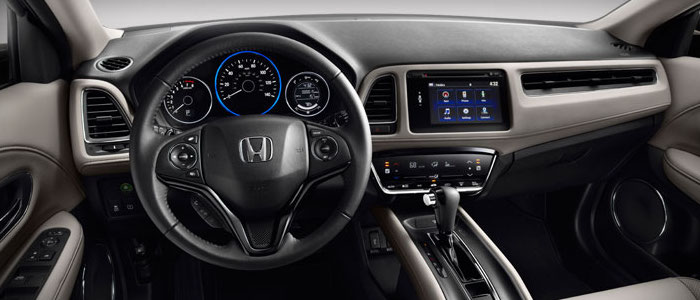Compare two cars
Compare any two cars and get our Virtual Adviser™ opinion
Dimensons & Outlines
Check vehicle history
Engine
Performance (manual gearbox)
Performance (automatic gearbox)
Expenses
Virtual Adviser's™ opinion
Well, these are two pretty similar cars we have here! It's only details that could potentially make the difference. Considering they both belong to the suv segment and utilize the same 5-door suv body style and the front wheel drive system, it all comes up to the specific diesel engine choice they offer. The first one has a Mazda-engineered powertrain under the hood, a 4-cylinder, 16-valves 105hp unit, while the other one gets its power and torque from a 4-cylinder, 16-valves 120hp engine designed by Honda.
SafetyThe first thing to look into here would be the results from European New Car Assessment Programme (Euro NCAP) tests performed on the two cars. Good thing is that both vehicles got tested, with the Honda being a slightly better choice apparently. Still, apart from the official crash test results there are other things we need to be aware of. Both vehicles belong to the suv segment, which is generally a very good thing safety-wise, still it doesn't help us solve our dilemma, does it? On the other hand, when it comes to weight, a factor that most people underestimate, HR-V offers a marginal difference of 4% more metal.
ReliabilityManufacturers have been building their reliability reputation for decades now and, generally speaking, it appears that Honda does have a slight advantage, all the models observed together. These are the results of an independent reasearch, while our visitors describe reliability of Mazda with an average rating of 4.4, and models under the Honda badge with 4.7 out of 5. Some independent research have also placed CX-3 as average reliability-wise, and HR-V is more or less at the same level.That apart, owners of different cars powered by the same engine as CX-3 rank it on average as 1.0, while the one under the competitor's bonnet gets 4.9 out of 5.
Performance & Fuel economyBoth of the cars accelerate exactly the same, so we couldn't put one above the other. Car No. 2 is faster though, reaching top speed of 192 kilometers per hour, 15km/h more than the other car. When it comes to fuel economy things look pretty much the same for both cars, averaging around 4 liters of fuel per 100 kilometers (71 mpg), in combined cycle.
Verdict
Honda is apparently more reliable, not too much, but just enough. The most important thing when deciding between any two vehicles should always be safety, both passive and active. In my opinion, everything taken into account, HR-V offers much better overall protection, which launches it ahead of the other contender. It all continues in the same direction, with Honda being considerably quicker, thus putting more smile on driver's face. Fuel consumption is more or less the same. All together, there's not much more to say, in this case I wouldn't even consider anything but Honda. In any case that's my personal view, built upon all the data available to me. What should decide here though is the way you feel about the two vehicles, and I hope you'll find my guidelines useful in the process. Also, you could use the oportunity to find out which car, everything taken into account, would be the perfect choice for you in the eyes of the virtual adviser™, out of 12.000+ vehicles we currently have in our database.
































